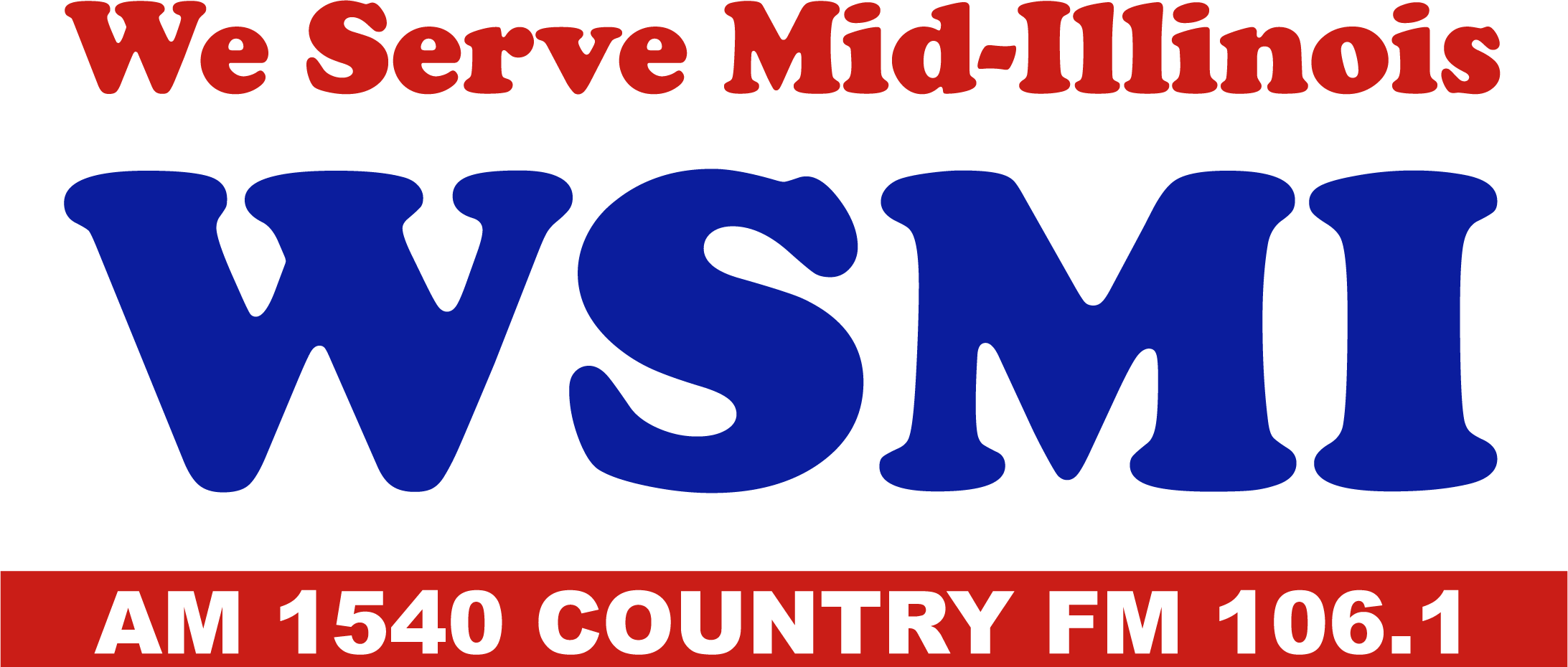DEKALB, Ill. Today, American Farmland Trust, the organization behind the national movement No Farms No Food, will partner with USDA Natural Resources Conservation Service to provide over $1.5 million to improve water quality in two Illinois watersheds. The funds are from the NRCS landscape-level water quality effort, the Mississippi River Basin Healthy Watersheds Initiative, MRBI. This will benefit AFTs projects and efforts in the Upper Macoupin Creek, UMC, and Vermilion Headwaters Watershed, VHW. MRBI supports the Illinois Nutrient Loss Reduction Strategy, or NLRS, with the ultimate goal of improving water quality, restoring wetlands and enhancing wildlife habitat while ensuring the economic viability of agricultural lands along the nations largest river.
The UMC and VHW flow into the Illinois River and ultimately into the Mississippi River. Both have been identified as priority watersheds by the Illinois EPA and the Illinois NLRS. AFT leads local partnerships in both watersheds, working to achieve the 25% reduction in total phosphorus loads and 15% reduction in nitrate-N loads needed by 2025 to hit the water quality goals identified in the Illinois NLRS. Cover crops, no-till/strip till, nutrient management, constructed wetlands, reduced tillage and buffers are just a few of the practices that reduce nutrient loss and are eligible for MRBI program funding.
The MRBI funding provides NRCS technical assistance and financial incentives to farmers and landowners that voluntarily adopt several conservation practices including cover crops and no-till/strip-till that will ultimately reduce the amount of nutrients being lost from agricultural lands in the Upper Macoupin Creek Watershed and Vermilion Headwaters in Illinois, said Kris Reynolds, AFT Midwest deputy director.
The need to move the needle on production agricultures contribution to our nations water quality grows stronger every day, said Ivan Dozier, state conservationist for Illinois NRCS. The same is true for changes were seeing towards building healthy and resilient soils. NRCS funding and technical support thats available through MRBI offers farmers in these watersheds a powerful way to learn how to make those critical changes and customize it for their operation, their land, and on their soils.
Over the next four years, NRCS will work with AFT and local partners to prioritize the implementation of practices that address nutrients of concern in each watershed area. This funding signifies a continued commitment to achieving the goals of the Illinois NLRS as both watersheds have high nutrient losses.
$606,652 will be invested in practices to reduce phosphorus loss in Upper Macoupin Creek Watershed $980,856 will be invested in practices to reduce nitrate loss in Vermilion Headwaters Watershed Previous MRBI funding has enabled AFT to successfully work with 32 farmers to adopt conservation practices on 3,372 acres totaling $653,882 in financial assistance in UMC and 56 farmers to adopt conservation practices on 7,911 acres totaling $1,272,568 in financial assistance in VHW. By joining in voluntary conservation efforts, farmers in these watersheds can help protect water quality while maintaining or improving farm profitability. The adoption of a well-managed conservation cropping system leads to improved soil health and less erosion, better drainage with more moisture when you need it, and reduced fuel and fertilizer costs.
Individuals interested in applying for funding should contact their local NRCS office before May 1, 2020:
Upper Macoupin Creek Contacts:
NRCS Carlinville Field Office | 300 Carlinville Plaza, Carlinville, IL 62626 | Phone: 217-854-2626 ext. 3, OR
AFT Midwest Conservation Technician, Sarah Blount | Phone: 765-256-0660 | Email: sblount@farmland.org
Vermilion Headwaters Contacts:
Pontiac NRCS Field Office | 1510 West Reynolds, Pontiac, IL 61764 |
Phone: 815-844-6127, ext. 3, OR the Paxton NRCS Field Office at 217-379-2371, ext. 3.










